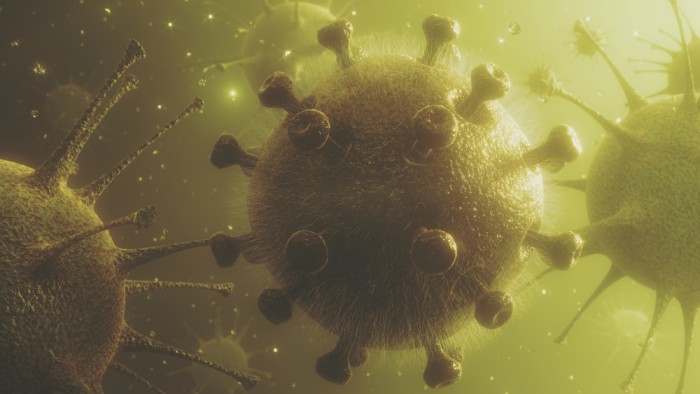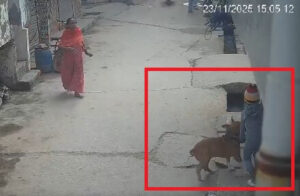2-DG effective against all Covid variants, says study

Hyderabad | The 2-deoxy-D-glucose (2-DG) developed by the Defence Research and Development organisation (DRDO) for the coronavirus treatment, effectively inhibits the SARS-CoV-2 multiplication and works against all variants of Covid-19, says a research study.
In conclusion, our findings suggest that 2-DG effectively inhibits the SARS-CoV-2 multiplication and can be used as a treatment regimen.
Glycolytic inhibitor 2-DG attenuates SARS-CoV-2 multiplication in host cells and weakens the infective potential of progeny virions (virus), concludes the study by researchers from Centre for Cellular and Molecular Biology (CCMB), Hyderabad, Institute of Nuclear Medicine and Allied Sciences, Delhi, and Academy for Scientific and Innovative Research, Ghaziabad.
“Although the effect of 2-DG has been analyzed on only 2 different SARS-CoV-2 variants (B.6 and B.1.1.7), its anti-viral property is suggested to be universal on all the variants of SARS-CoV-2, as 2-DG interferes with the metabolic requirement of virus infected host cells,” says the research study published in the preprint online server ‘BioRxiv’
The findings highlight the SARS-CoV-2 infection mediated enhanced glucose metabolism in host cells, which can be targeted for therapeutic application.
“2- DG exploits the inherent and natural mechanism of infected host cells for selective, high accumulation of the drug without compromising uninfected/ normal cell functioning. 2-DG by inhibiting both catabolic and anabolic pathways reduces the virus replication and reduces the infectivity of the progeny virions, which has a compromised potential of infection in neighbouring cells.”
Anant Narayan Bhatt, Abhishek Kumar, Yogesh Rai, Neeraj Kumari, Dhiviya Vedagiri, Krishnan H. Harshan, C. Vijaya Kumar and Sudhir Chandna are the researchers involved in the study, the first on 2-DG
“We demonstrate that glycolytic inhibitor 2-DG exhibits significant potential to be developed as a therapeutic to combat the Covid. These experimental evidences and previous clinical trial experience of 2-DG made way for this molecule to reach clinical trials in Covid patients in India,” says the study.
“Our results showed that virus infection induces glucose influx and glycolysis resulting in selective high accumulation of the fluorescent glucose/2-DG analogue, 2-NBDG in these cells. Subsequently, 2-DG reduces the virus multiplication and alleviates the cells from infection induced cytopathic effect (CPE) and cell death.
Herein, we demonstrate that progeny virions produced from 2-DG treated cells are defective with compromised infectivity potential.”
“Further, it was also observed that mannose inhibits 2-NBDG uptake at a very low concentration, suggesting that 2-DG uptake in virus-infected cells might be exploiting the specific mannose transporter or high-affinity glucose transporter, GLUT3, which was found to be increased on SARS-CoV-2 infection,” it added.
The drug developed by DRDO in collaboration with Hyderabad-based Dr Reddy’s Laboratories was approved by the Drugs Controller General of India (DGCI) last month for emergency use as an adjunct therapy in moderate to severe coronavirus patients.
The drug is available in powder form in a sachet, and can be taken orally after dissolving in water. It has been priced Rs 990 per sachet.
According to the government, the clinical trial data shows that the molecule helps in faster recovery of patients hospitalised with Covid-19, and reduces their dependence on supplemental oxygen.
By IANS
The English Post is on Telegram, click to join for regular news updates






